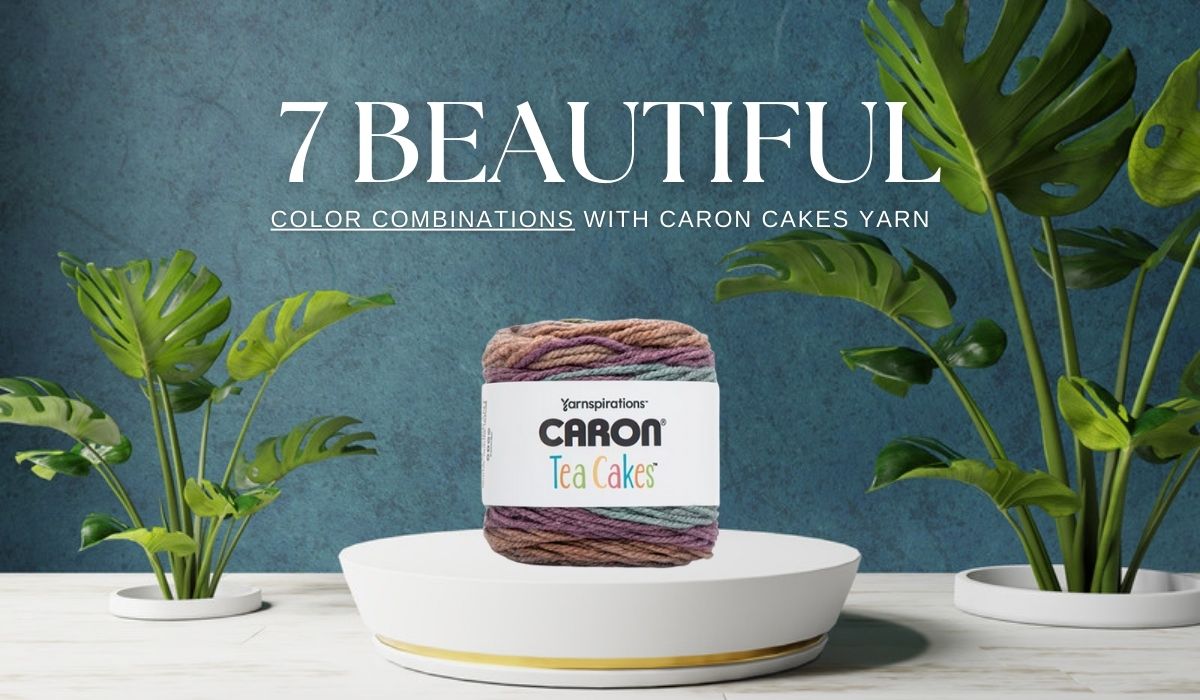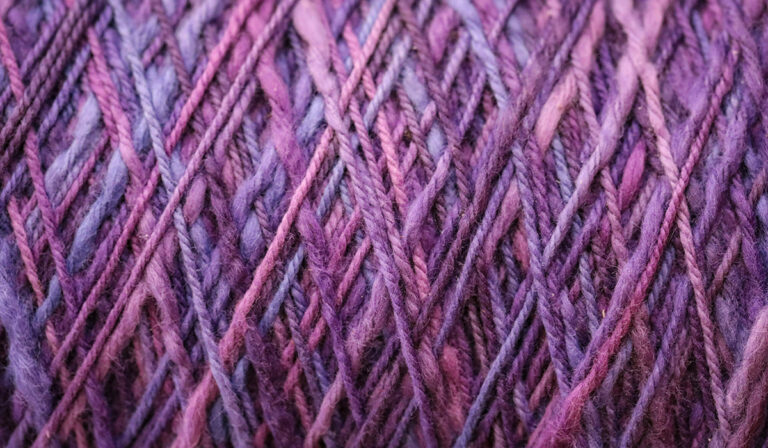Learn How To Add Yarn to Crochet In 4 Easy Steps
Understanding how to add yarn to crochet into your crochet project is a vital proficiency that every crochet hobbyist must strive to acquire. This tutorial will guide you through a clear, step-by-step process on how to effortlessly add new yarn or change colors in your crochet work, without compromising the aesthetic of your design. Packed…









